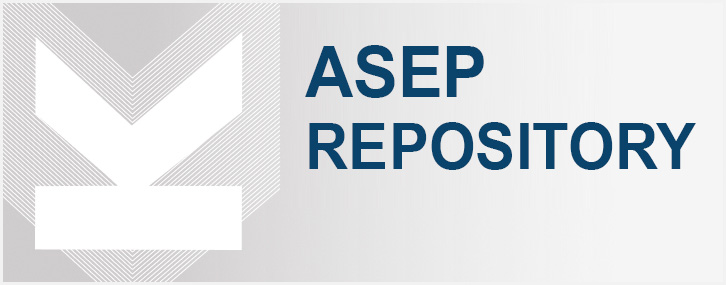DORA’s Responsible Research Assessment Guide
Across the research world, there is growing recognition that the way we evaluate research and researchers needs to change. Many current systems rely on narrow indicators – such as publication counts or journal impact factors – that don’t reflect the full quality, relevance, or impact of academic work. These metrics are easy to track but often overlook essential contributions like mentoring, teamwork, open science, or societal engagement. As a result, researchers may feel pressured to focus on what is measurable rather than what truly matters.
In response to these challenges, the DORA initiative (San Francisco Declaration on Research Assessment) has been advocating for more meaningful, fair, and transparent research evaluation since 2013. Today, over 26,000 individuals and institutions around the world – including some from the Czech Republic – have signed on to its principles. Czech institutional signatories of DORA include the Czech Academy of Sciences as a whole, the National Library of Technology, CEFRES (French Research Center in Humanities and Social Sciences – Prague), and also the Institute of Mathematics of the CAS, which has independently endorsed the initiative. In addition, many Czech researchers have signed the declaration individually, signaling a broader interest in improving evaluation practices.
To support institutions in this effort, DORA released a new practical guide in May 2025 to mark its 12th anniversary: A Practical Guide to Implementing Responsible Research Assessment at Research Performing Organizations (RPOs). The publication is part of the TARA project (Tools to Advance Research Assessment), which supports the development of responsible research assessment (RRA) practices across diverse research environments.
The guide is aimed at research performing organizations that are seeking to rethink or update how they assess research and researchers. It outlines nine key areas to consider when shaping or implementing an RRA strategy – including building leadership support, engaging the broader research community, forming a working group, reviewing current practices, and ensuring clear communication. It also offers advice for applying RRA principles in institutional processes such as hiring, promotion, internal funding, and research unit evaluations. Practical tools like narrative CVs and the SPACE rubric (a framework for assessing institutional readiness) are introduced alongside real-world case studies.
Additional real-life examples can be found in DORA’s Reformscape repository – a searchable online database of global institutional RRA policies. It features concrete examples of how universities, funders, and research centers around the world have changed their hiring, promotion, and evaluation practices. This helps institutions learn from each other, adapt ideas, and avoid starting from scratch.
Importantly, the guide is not intended as a one-size-fits-all solution. It invites institutions to adapt the content to their specific mission, structure, and values. Reform is understood as a gradual process – one that benefits from broad participation, reflection, and internal ownership. The guide is also envisioned as a living document – one that evolves over time through feedback, new use cases, and shared experience. It offers not just recommendations, but a framework for building a healthier, more inclusive research culture – one that recognizes diverse contributions and supports high-quality, open, and impactful science.
Last updated on July 7, 2025


